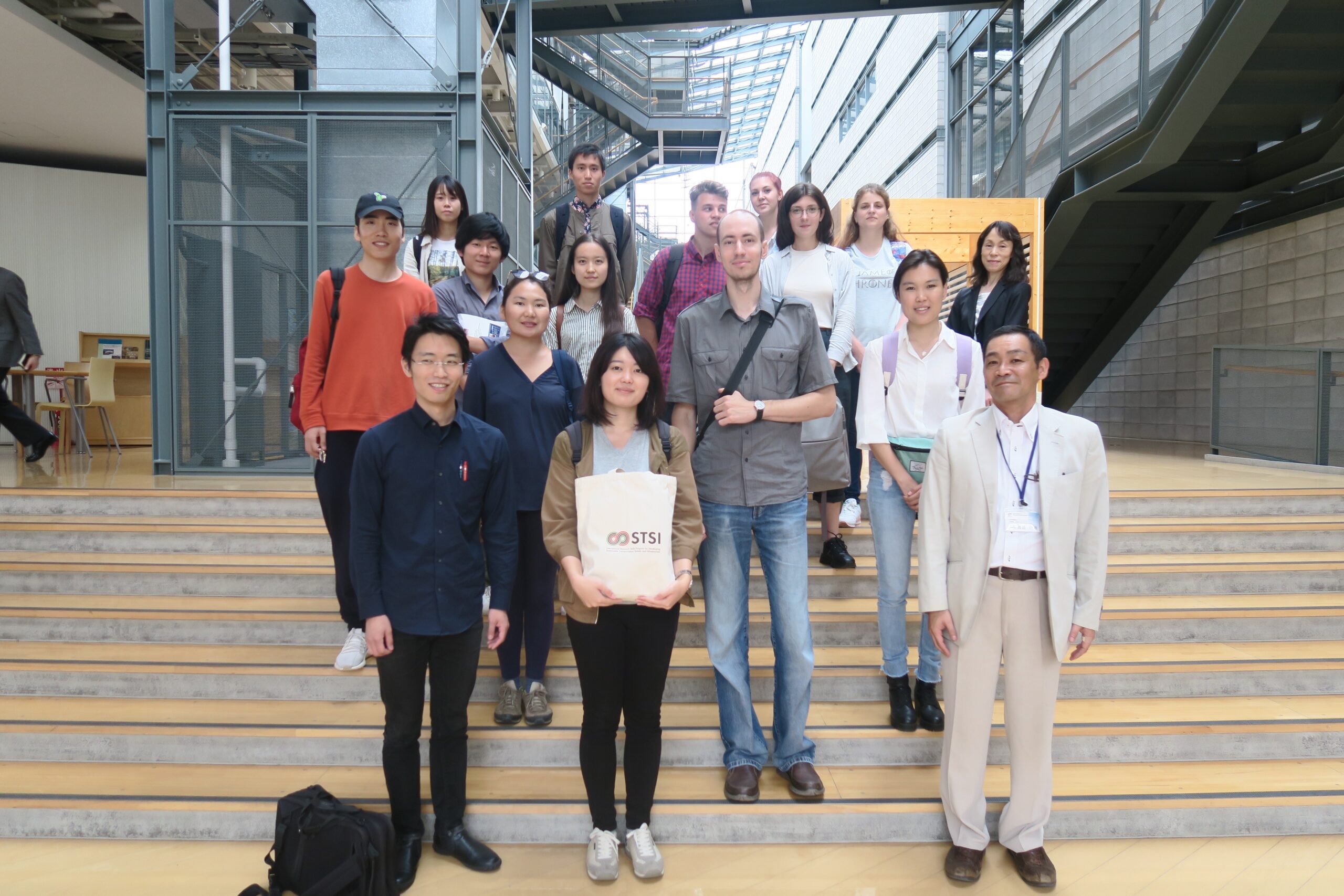Experience in Long-term
Kirichenko Alina
Home University: Irkutsk State University
Graduate school: Graduate School of Letter
Course・Year: Master Course 2
Period of time: 19 August 2019 ~ 6February 2020
Host University: Hokkaido University
FY2019 Basic Subjects
Report content
This year I took part in three courses – Fieldwork on Development Technologies in Cold Region, Introduction to Far East and Arctic Studies RJE3 Program: Environment, Culture and Sustainable Development, Past and present of Hokkaido: history of Ishikari and Sorachi. The aim of the courses was to show us the importance of preserving the ecology, knowledge of historical aspects, to give
us urban planning information in cold regions. We had many lectures and seminars in Sapporo, Eniva, Asahikawa, Otaru, we also visited several companies involved in the construction and design of cities, Sapporo Archive, various museums related to the history of Hokkaido. All these places are very important for understanding both environmental and historical aspects.
Learning outcomes
During these programs, I learned a lot about the construction of buildings and structures taking into account seismic stability and weather conditions, the construction of cities in Japan, the history of the settlement and development of Hokkaido, important environmental problems and possible solutions were raised, the economic relations of Russia and Japan, as well as their joint history. After each course, a presentation was made using the knowledge gained during the program.
I am sure that the information that I learned will help me in the future to do everything possible in the development of construction and the preservation of the environment in my country.
Experience in Japan
The most remarkable thing I saw in three courses was Northern Regional Building Research Institute. I was delighted with this place, especially with experimental labarotorium. This institute conducts tests for the strength of building materials and structures. For example: fire test, noise test, seismic test, various weather conditions. Together, according to these tests, you can build a building or structure that will not be afraid of any natural phenomena, and this can reduce the number of victims during severe earthquakes, typhoons, or even floods, and can also reduce environmental damage. I was also struck by the fact that in Japan they separate garbage and recycle it into secondary production (energy, building materials, etc.), that there is a ban on tree felling, and it is important to have green areas (parks, gardens, etc.). I think my country needs to take an example from Japan, and Japan is proud that they live in harmony with nature.
Influence on future career goals and choices
Participation in the RJE3 program gave me a lot of information about the similarities and differences between Russia and Japan in different aspects. For example, architecture, culture, environmental conservation, economic and political development. Before arriving in Japan, I knew only some aspects about the country, but it turned out to be much better to learn only from the inside, to see everything with my own eyes and to understand that really, if you want, by joint efforts you can make the world a better and cleaner. I hope that in the future we will cooperate with Japanese colleagues and exchange information and experience.
Comments
I want to say thanks for the opportunity to participate in the RJE3 program. I also want to thank the professors for the lectures, seminars and excursions.

